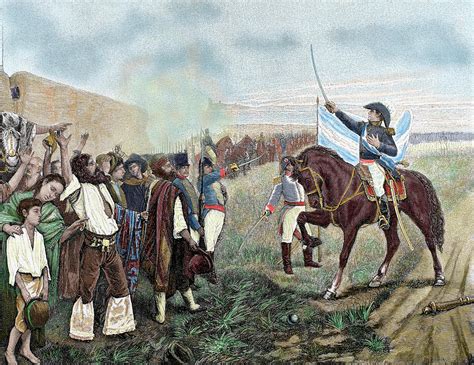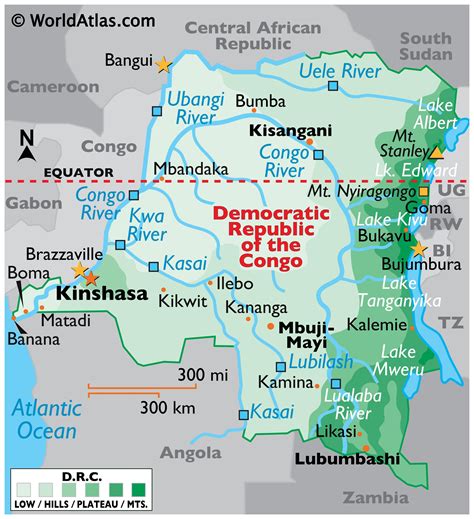Explore Kuwait’s rich history from early settlements to modernization and its role in the Gulf Wars. Learn about Ottoman rule, British influence, and the path to independence.
Early Settlements and Trade
Contents
The history of Kuwait begins with its early settlements and trade. The region’s strategic location on the ancient trade routes connecting Mesopotamia and the Indus Valley made it an important hub for commerce and cultural exchange. Archaeological evidence suggests that the area was inhabited as early as the 3rd millennium BC by nomadic tribes who engaged in trade with neighboring civilizations.
As a gateway between the Arabian Peninsula and the rest of the world, Kuwait attracted merchants and traders from various ancient civilizations, including the Sumerians, Babylonians, and Assyrians. The prosperity brought by trade laid the foundation for the development of early settlements in the region, with evidence of urban centers and port facilities dating back to the Bronze Age.
The emergence of urban centers and the establishment of trade networks facilitated cultural exchange and the diffusion of ideas, technologies, and commodities. The inhabitants of ancient Kuwait engaged in maritime trade, exporting goods such as pearls, dates, and textiles, while importing luxury items, metals, and ceramics from distant lands.
This early period of settlements and trade laid the groundwork for the cultural and economic development of the region, shaping the identity of Kuwait as a major center of commerce and exchange in the ancient world.
Ottoman Rule and Influence
The Ottoman Empire exerted a significant influence over the region of Kuwait during its rule, which lasted from the early 16th century to the late 19th century. The Ottomans controlled the area through the appointment of governors, known as Pashas, who were responsible for collecting taxes and maintaining order in the region. This period of Ottoman rule brought about several changes in the social, economic, and political structure of Kuwait.
Under Ottoman control, Kuwait prospered as a center for maritime trade, due to its strategic location at the head of the Persian Gulf. The Ottomans recognized the importance of Kuwait as a trading hub and granted the ruling Al Sabah family autonomy in exchange for their loyalty and cooperation with the Ottoman Empire. This relationship allowed Kuwait to thrive as a key trading post for merchants from India, Persia, and Arabia.
Additionally, the Ottoman influence introduced Islam as the dominant religion and the Arabic language as the primary means of communication in Kuwait. The Ottoman administration also established a legal framework and administrative system that laid the groundwork for the governance of the region. The impact of Ottoman rule on Kuwait was profound and had lasting effects on the cultural, religious, and political identity of the Kuwaiti people.
The decline of the Ottoman Empire in the late 19th century led to the British gaining influence in the Persian Gulf region, which eventually led to the establishment of a British protectorate over Kuwait. However, the legacy of Ottoman rule and influence continued to shape the development and identity of Kuwait as a nation.
British Protectorate Era
The British Protectorate Era in Kuwait began in 1899 when a treaty was signed between the Sheikh Mubarak Al-Sabah and the British government. This treaty allowed the British to control Kuwait’s foreign affairs while recognizing the Sheikh as the ruler of the state. During this time, the British provided protection to Kuwait from external threats, particularly from the Ottoman Empire and later from Iraq.
Under the British Protectorate, Kuwait experienced significant economic and infrastructural development. The discovery of oil in 1938 transformed the country’s economy and made it one of the wealthiest in the region. The British helped in the establishment of the Kuwait Oil Company and the development of oil infrastructure, which became the main source of wealth for the country.
Additionally, the British influence in Kuwait led to the modernization of the state administration and legal system. They helped in the establishment of a modern judicial system, which was based on a mix of Islamic and British law. The education system also received attention, and Kuwait saw the opening of modern schools and universities during this time.
However, the British Protectorate also faced challenges, including tensions with neighboring countries and the rise of nationalist movements in Kuwait. The push for independence grew stronger, leading to the eventual end of the British influence in Kuwait. In 1961, Kuwait gained full independence, and the British withdrew their forces from the country, marking the end of the Protectorate Era.
Independence and Modernization
After gaining independence from Britain in 1961, Kuwait embarked on a journey of modernization and development. The discovery of oil reserves in the 1930s transformed the country’s economy, leading to rapid growth and urbanization. The government initiated ambitious infrastructure projects, including the construction of modern highways, ports, and airports to facilitate trade and commerce.
Furthermore, Kuwait invested heavily in education and healthcare, aiming to improve the standard of living for its citizens. The establishment of schools, universities, and hospitals played a crucial role in shaping the country’s modern society. In addition, the government implemented social welfare programs to support the population, ensuring access to basic necessities and services.
During this period, Kuwait also focused on diversifying its economy, recognizing the importance of reducing reliance on oil revenues. The promotion of non-oil industries, such as finance, commerce, and tourism, contributed to the country’s economic resilience and stability. Moreover, Kuwait embraced modern technologies and innovations, embracing a forward-thinking approach to development.
The process of modernization brought significant changes to Kuwait’s social and cultural landscape. Urbanization led to the emergence of cosmopolitan cities, attracting a diverse population and fostering a rich cultural exchange. The country’s modern architecture, vibrant arts scene, and culinary diversity reflect its progression towards a dynamic and inclusive society.
In conclusion, the period of independence and modernization marked a transformative chapter in Kuwait’s history, shaping its identity as a progressive and resilient nation. The strategic investments in infrastructure, education, and economic diversification laid the foundation for sustainable growth and prosperity, establishing Kuwait as a leading hub of innovation and development in the region.
Kuwait in the Gulf Wars
Kuwait in the Gulf Wars refers to the period of conflict and turmoil experienced by the country during the Gulf War in 1990-1991, when it was invaded and occupied by Iraqi forces led by Saddam Hussein. This event marked a significant turning point in Kuwait’s history and had long-lasting effects on the region.
The invasion of Kuwait by Iraq on August 2, 1990, came as a shock to the international community and triggered an immediate response from the United Nations. A coordinated effort led by the United States and its coalition partners was launched to expel Iraqi forces from Kuwait and restore its sovereignty.
During the Gulf War, Kuwait suffered widespread destruction of its infrastructure, including oil fields, refineries, and residential areas. The impact of the war was also felt on the country’s economy and society, leading to displacement, loss of life, and psychological trauma among its population.
Following the liberation of Kuwait in February 1991, the country embarked on a process of reconstruction and reconciliation, seeking to heal the wounds inflicted by the war and restore its position in the region. Efforts were made to address the environmental damage caused by the destruction of oil facilities and the subsequent fires, as well as to provide support for those affected by the conflict.
The Gulf Wars left an indelible mark on Kuwait’s history, shaping its identity as a nation that has faced adversity and emerged resilient. The experience of conflict and its aftermath has influenced the country’s foreign policy, security strategies, and commitment to regional stability, reflecting the enduring legacy of the Gulf Wars.













